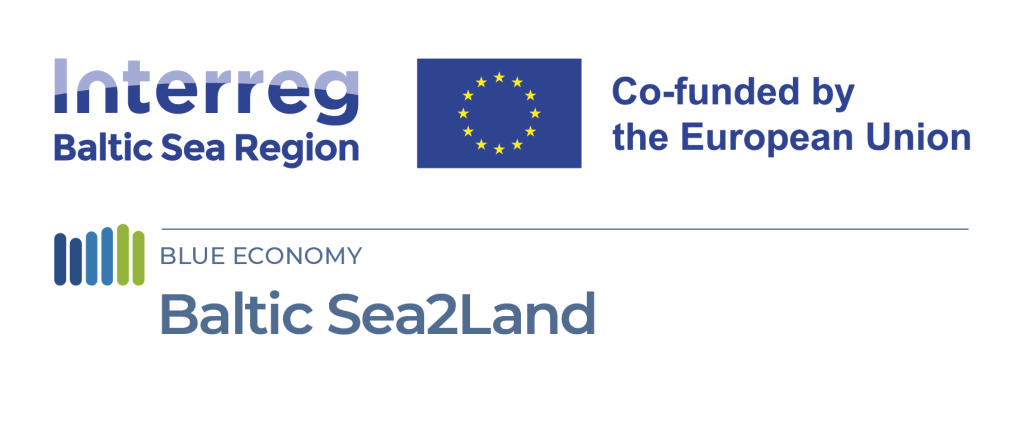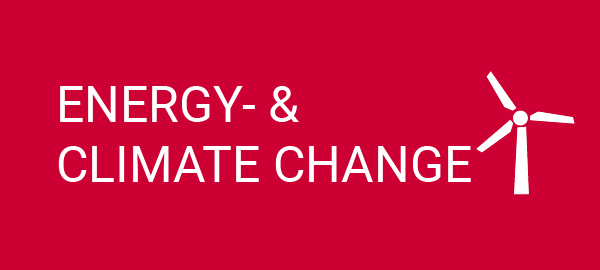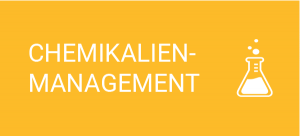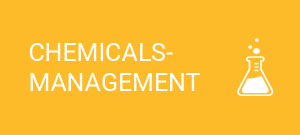Fehmarn Island’s Path to Energy Self-Sufficiency: A Case Study within the Baltic Sea2Land Framework
In the framework of the INTERREG Baltic Sea2Land project, the island of Fehmarn represents a special case study that continues the island’s efforts towards climate neutrality. Fehmarn’s goal is to become climate neutral by 2030.
As data from 2019 shows, Fehmarn’s annual renewable electricity production exceeds 576,800 MWh, surpassing its own consumption by 857%. Wind energy makes the largest contribution to the energy mix, while biomass and solar energy play a complementary role. The main question of the case study is to explore how this electricity can be consumed locally on the island itself or converted without having to import additional energy – e.g. for mobility or heating public and private buildings.
The case study examines critical issues relating to legal, technical and social aspects. A central focus is on the handling of legal requirements and potential obstacles to the distribution of energy via local grids, which is necessary for the self-marketing of local energy producers. Social resistance, e.g. to the further expansion of wind power, will also be investigated, if it exists. This also applies to strategies for involving local islanders in order to generate local added value.
Technical considerations include the investigation of distribution channels, storage solutions and charging capacities for electromobility – and the integration of these individual aspects into a comprehensive energy concept. Aspects of sector coupling are also considered, i.e. how the wind power generated can be used for areas such as heating, mobility and possibly also agriculture. The roles of the municipality, the district and the state are examined and the concrete steps, the involvement of stakeholders and cooperation for successful implementation are outlined.
The Fehmarn case study also offers the opportunity to learn from so-called „good practices“. By analyzing legal framework conditions, municipal dynamics and innovative technologies, Fehmarn potentially serves as a model for a local energy transition and thus not only contributes to achieving its own climate targets, but also offers an example for other regions in the Baltic Sea region. To this end, the knowledge gained will be incorporated into the overarching „Navigator“ of the Interreg project Baltic Sea2Land, an online platform that will help municipalities to better plan and implement local projects in the future.
The island of Fehmarn is an example of a balanced and pragmatic approach to the complexity of the sustainable energy transition and demonstrates the potential for scalable and replicable solutions in the broader context of regional and international sustainability initiatives.
In order to achieve these goals, a participatory process will be initiated in which the relevant stakeholders will jointly develop a roadmap in workshops. The first meeting with experts from the energy sector, such as electricity producers, representatives of the public sector or the building authorities, will take place in Burg auf Fehmarn in February 2024. As part of the Baltic Sea2Land project, the municipality of Fehmarn is supported by the Baltic Environmental Forum Germany to promote dynamic, local stakeholder engagement on the island of Fehmarn.
Author: Florian Bortic
The production of this article was supported by the Interreg Baltic Sea Region Programme 2021-2027 – through the Subsidy contract for the project #C018 Baltic Sea2Land of Interreg Baltic Sea Region. The content of this article represents only the views of the author and is his sole responsibility. The article does not reflect the views of the Interreg Baltic Sea Region Programme, the Interreg Baltic Sea Region Programme and its representatives do not accept any responsibility for the further use of this article and its contents.




